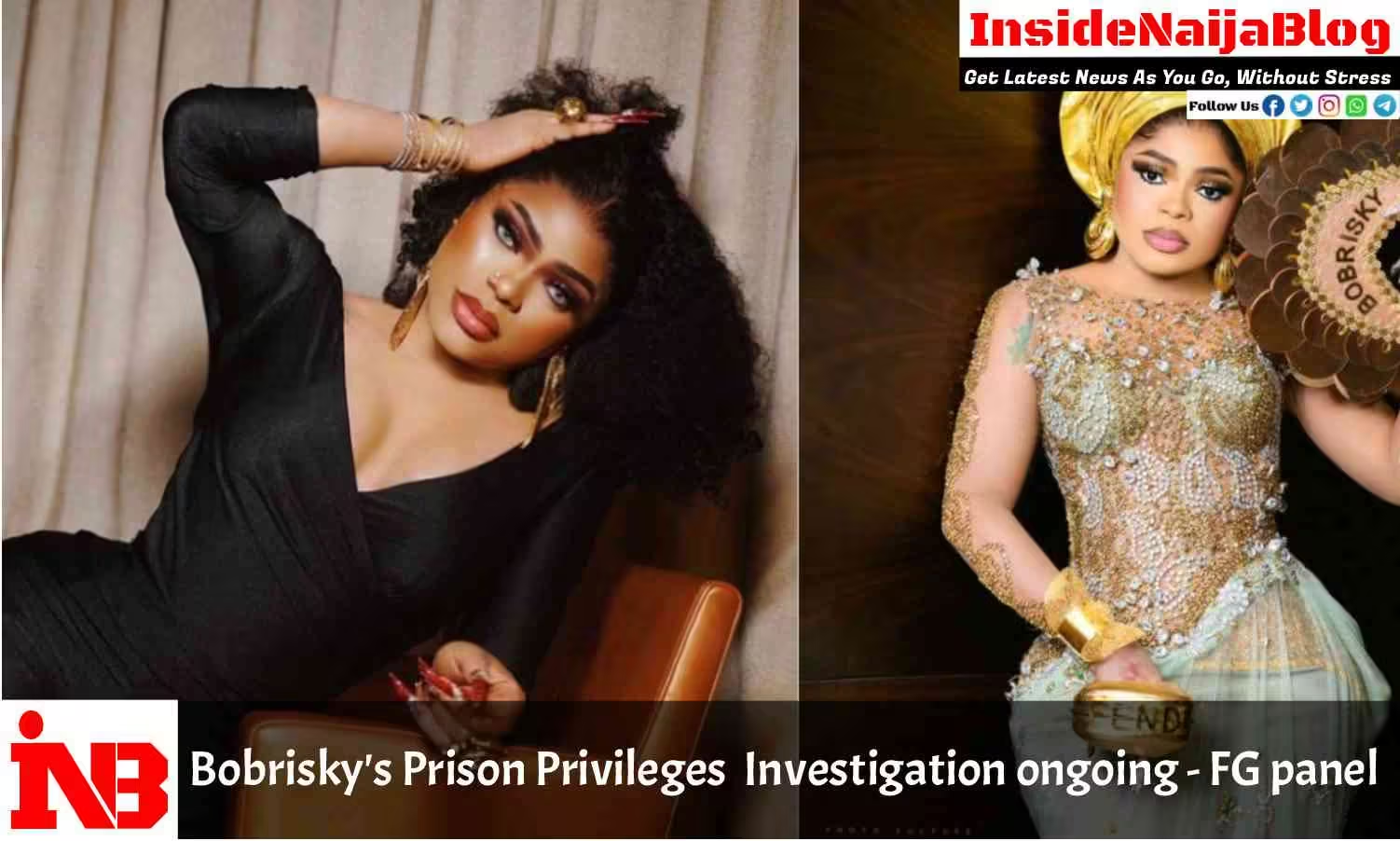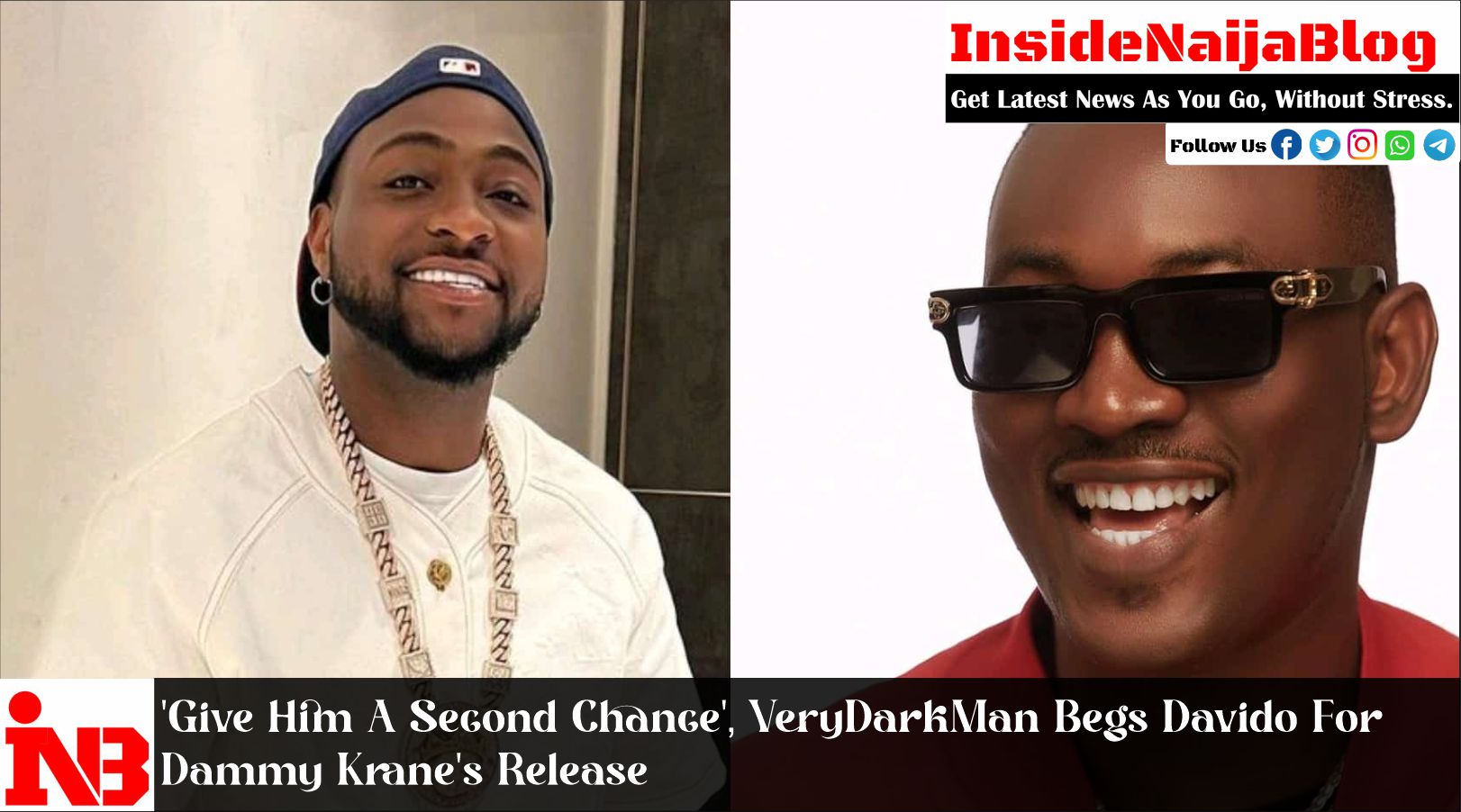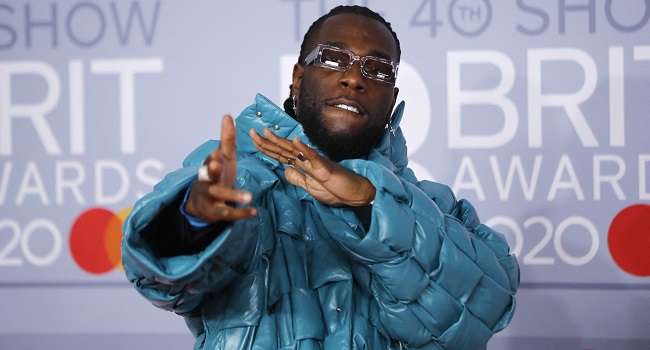An investigative panel established by the Minister of Interior, Olubunmi Tunji-Ojo, has reported its findings regarding popular crossdresser Idris Okuneye, commonly known as Bobrisky, who recently completed a six-month jail term. Bobrisky was sentenced on April 12 for currency abuse, specifically related to the naira, and was released from prison in August.
According to reports from PUNCH Online, the panel was prompted into action after controversial social critic Martins Otse, known as VeryDarkMan, circulated a voice note purportedly from Bobrisky. In this audio, Bobrisky allegedly claimed to have paid N15 million to officials of the Economic and Financial Crimes Commission (EFCC) to have the money laundering charges against him dropped. The voice note also suggested that a so-called “godfather” and staff members of the Nigerian Correctional Service ensured that Bobrisky served his sentence in a private accommodation rather than in a standard prison facility.
Following these allegations, the Minister constituted the investigative panel on September 30, appointing Magdalena Ajani, the Permanent Secretary of the Ministry of Interior, as chair. The panel was tasked with probing potential corruption and violations within the Nigerian Correctional Service surrounding Bobrisky’s case.
During the panel’s first phase report presented on Monday, Uju Agomoh, a member of the panel and the Executive Director of Prisoners’ Rehabilitation and Welfare Action, shared significant findings. The panel found no evidence to substantiate claims that Bobrisky was allowed to sleep outside prison during his sentence, which lasted from April 12 to August 5, 2024. Agomoh clarified, “The panel did not find any evidence thus far that suggested that Mr. Okuneye slept outside the custodial centre during the period of his imprisonment.”
The report detailed that Bobrisky was transferred between several facilities during his imprisonment, moving from the Kuje Custodial Centre to the Medium Security Custodial Centre in Kirikiri-Apapa, Lagos, and ultimately to the Maximum Security Custodial Centre, from which he was released upon completing his sentence.
Despite the absence of evidence suggesting that Bobrisky was housed outside prison, the panel highlighted that he did enjoy numerous privileges during his time in custody. These included furnished single cells, access to a humidifier, and a generous visitation policy allowing frequent family and friend visits. Agomoh stated, “The panel also found that Mr. Okuneye Idris enjoyed several privileges while in custody, both at the Medium Security and the Maximum Security Custodial Centres, which include, especially the following: furnished single cells, humidifier, lots of visits by his family members and friends as he desired, self-feeding, designated inmates to run errands for him, access to fridge and television, and possibly access to his phone.”
The panel also noted that the transfer of Bobrisky to a maximum security facility as a first-time offender violated specific provisions of the Nigerian Correctional Service Act of 2019, particularly Sections 164A and 164B. Agomoh emphasized the need for further investigation into whether these privileges were granted due to corrupt practices by correctional officers. “It is necessary to further investigate if the above privileges provided for Okuneye Idris were financially motivated and based on corrupt practices by correctional officers,” he added.
Additionally, the panel raised concerns about the treatment of inmates who may not conform to conventional norms, asserting that Bobrisky’s unique status as a public figure and his physical appearance may have influenced the privileges granted to him. “The panel believes that the peculiar case of the inmates and the inmates’ physical look and behaviour pose a threat, and the lack of laid-down rules for the treatment of such a case may have necessitated such privileges to be granted to Okuneye Idris,” Agomoh stated.
To prevent future occurrences of similar issues, the panel recommended the establishment of clear guidelines to manage such incidents effectively, addressing the apparent discrepancies in how inmates are treated based on their socio-economic status and public persona. “Steps should be taken to avoid the obvious discriminatory practices in relation to the socio-economic levels and other statuses of inmates,” Agomoh concluded.
The outcome of the investigation has sparked widespread discussion about the potential for corruption within the Nigerian correctional system and the need for reform to ensure fair treatment for all inmates, irrespective of their status in society. As the panel continues its work, the public remains watchful for further developments regarding Bobrisky and the overarching issues of corruption and privilege within the Nigerian penal system.




